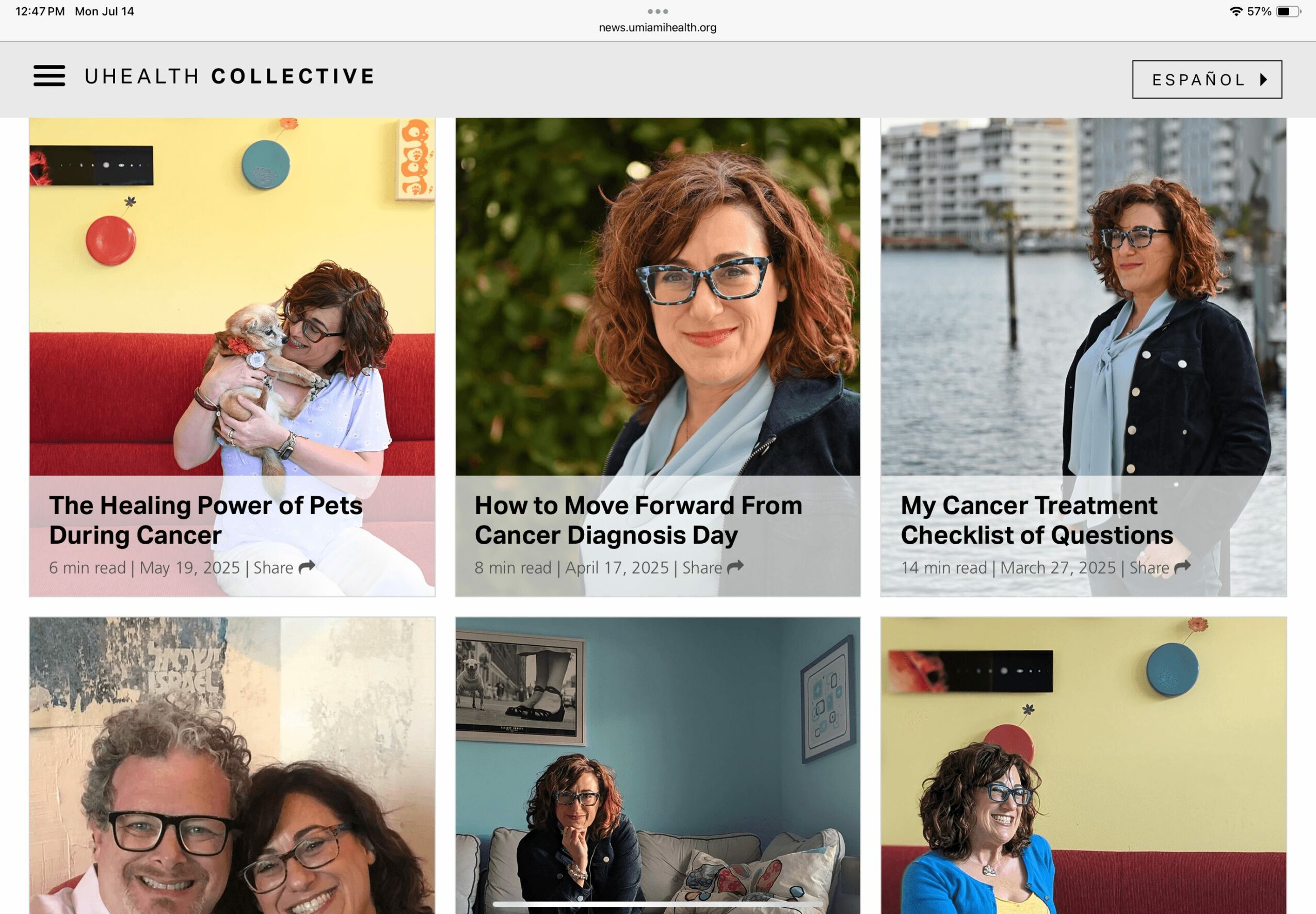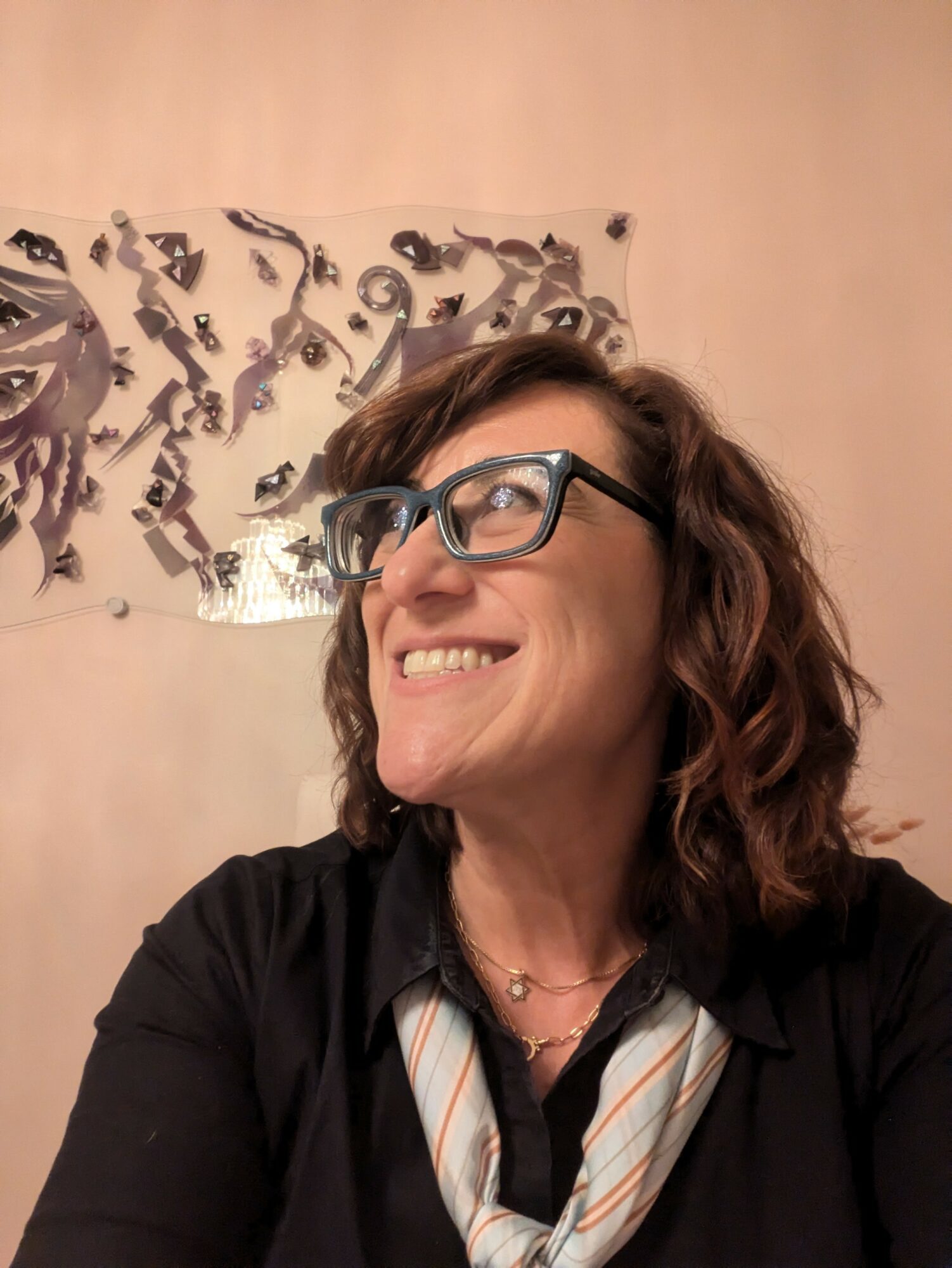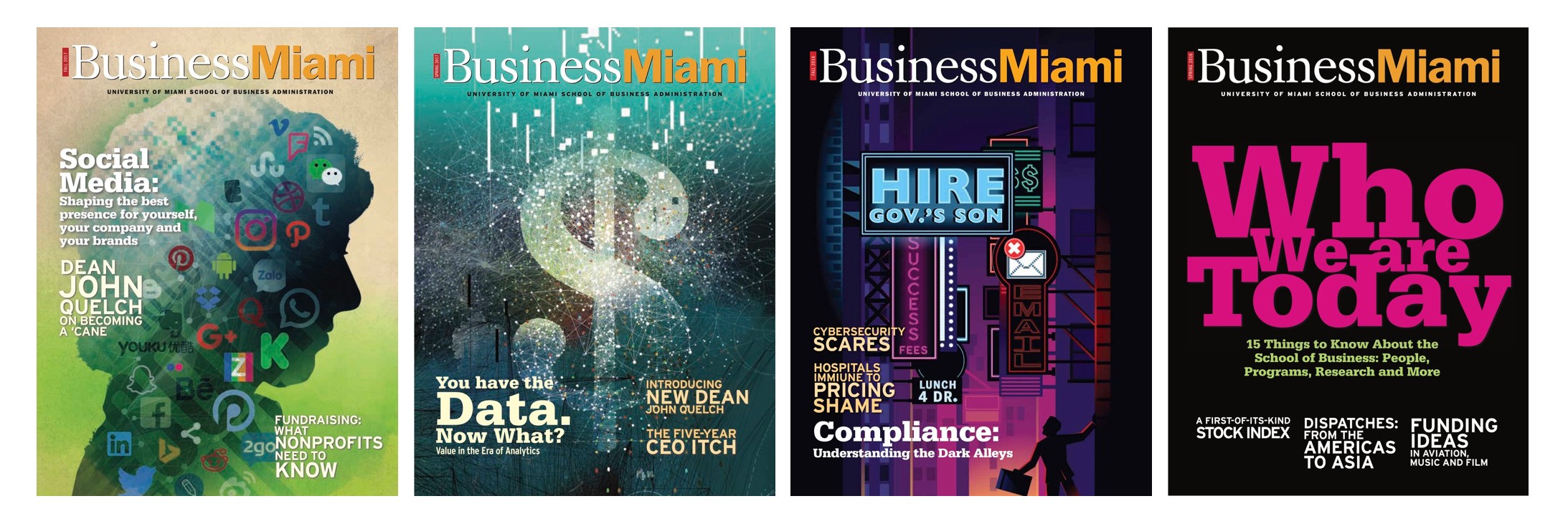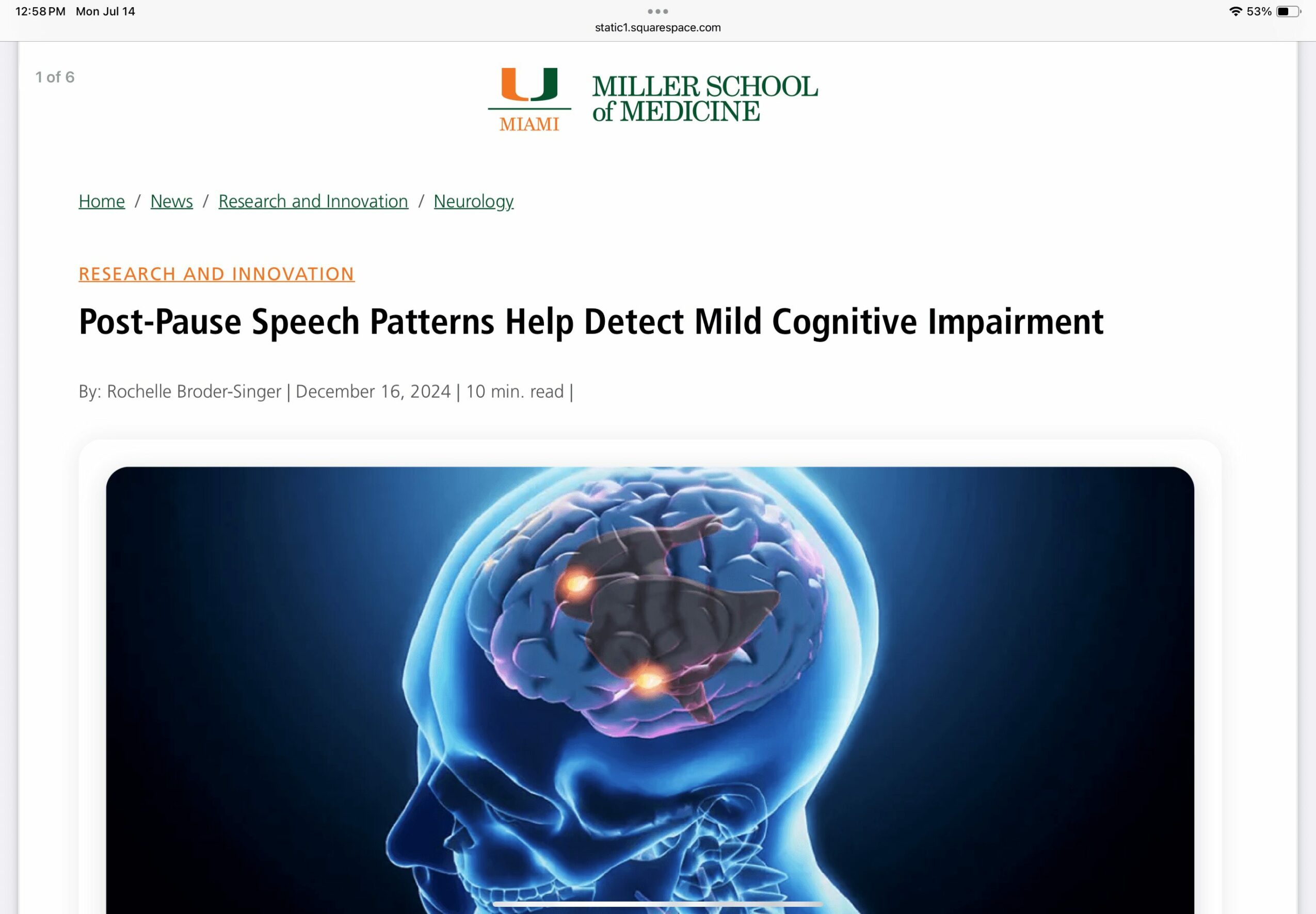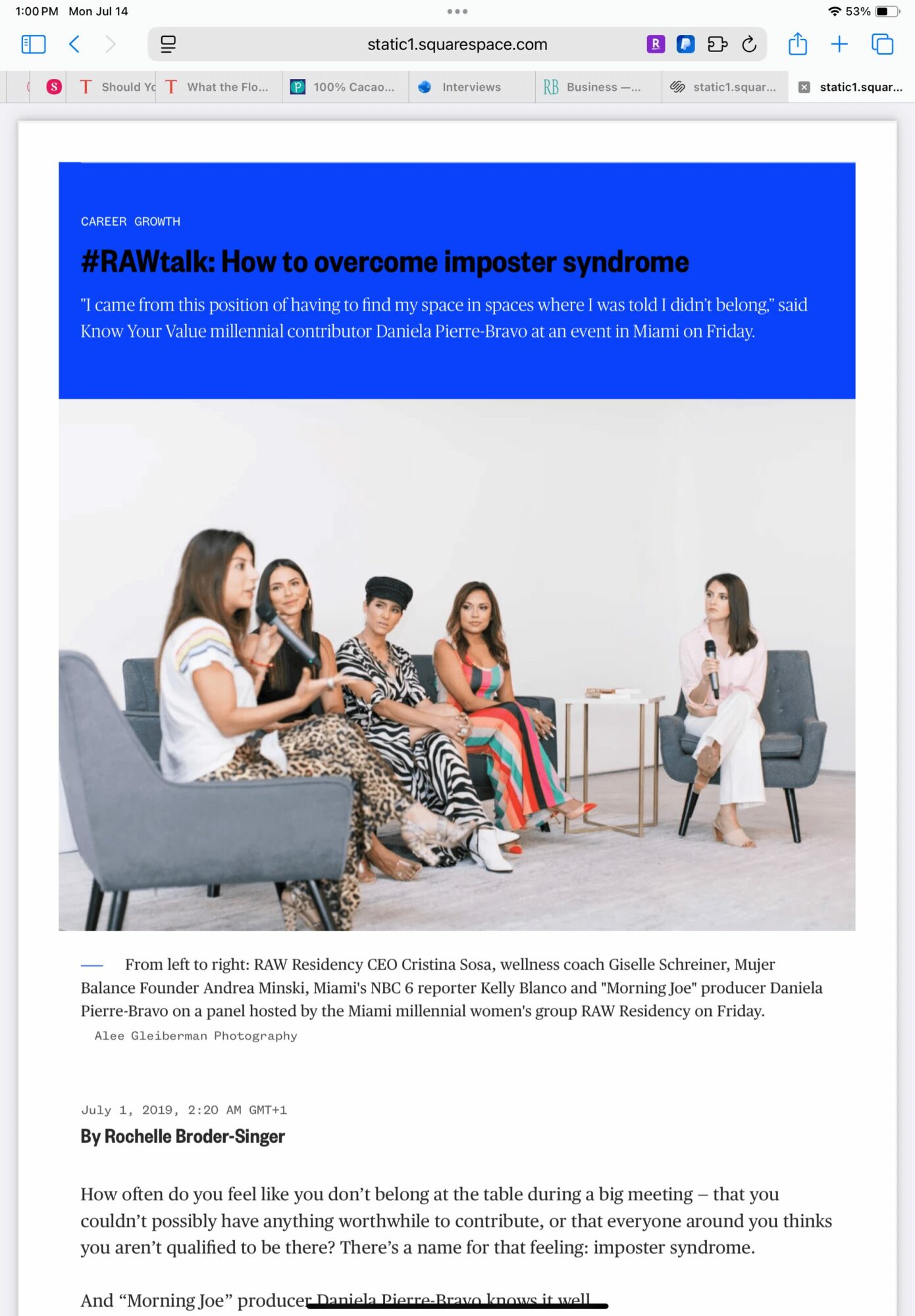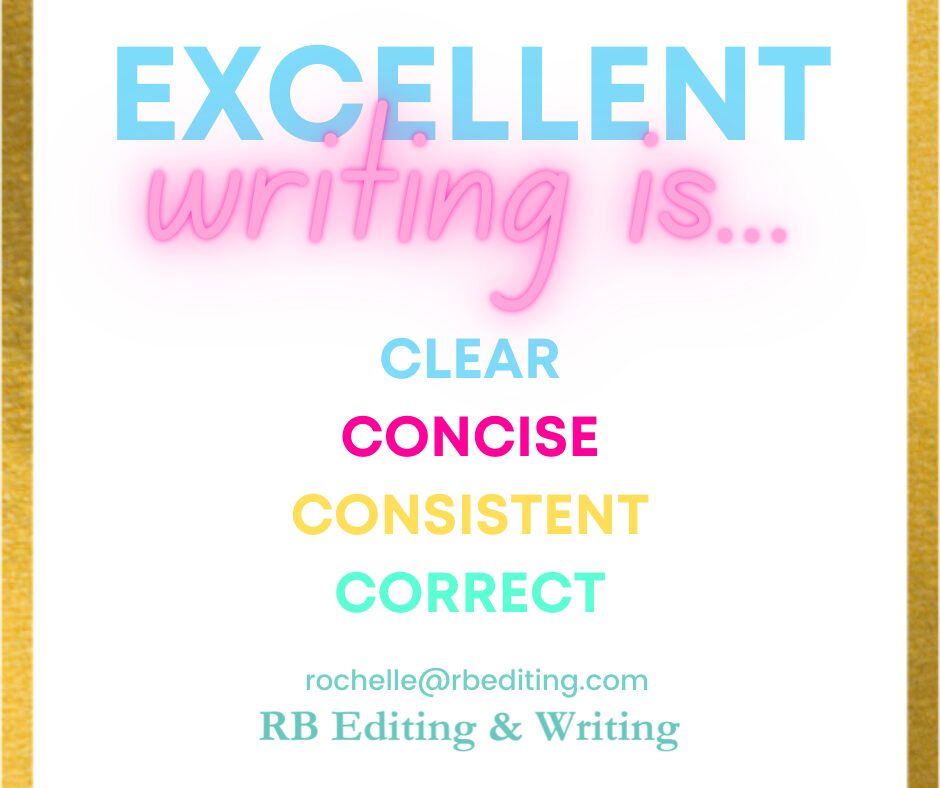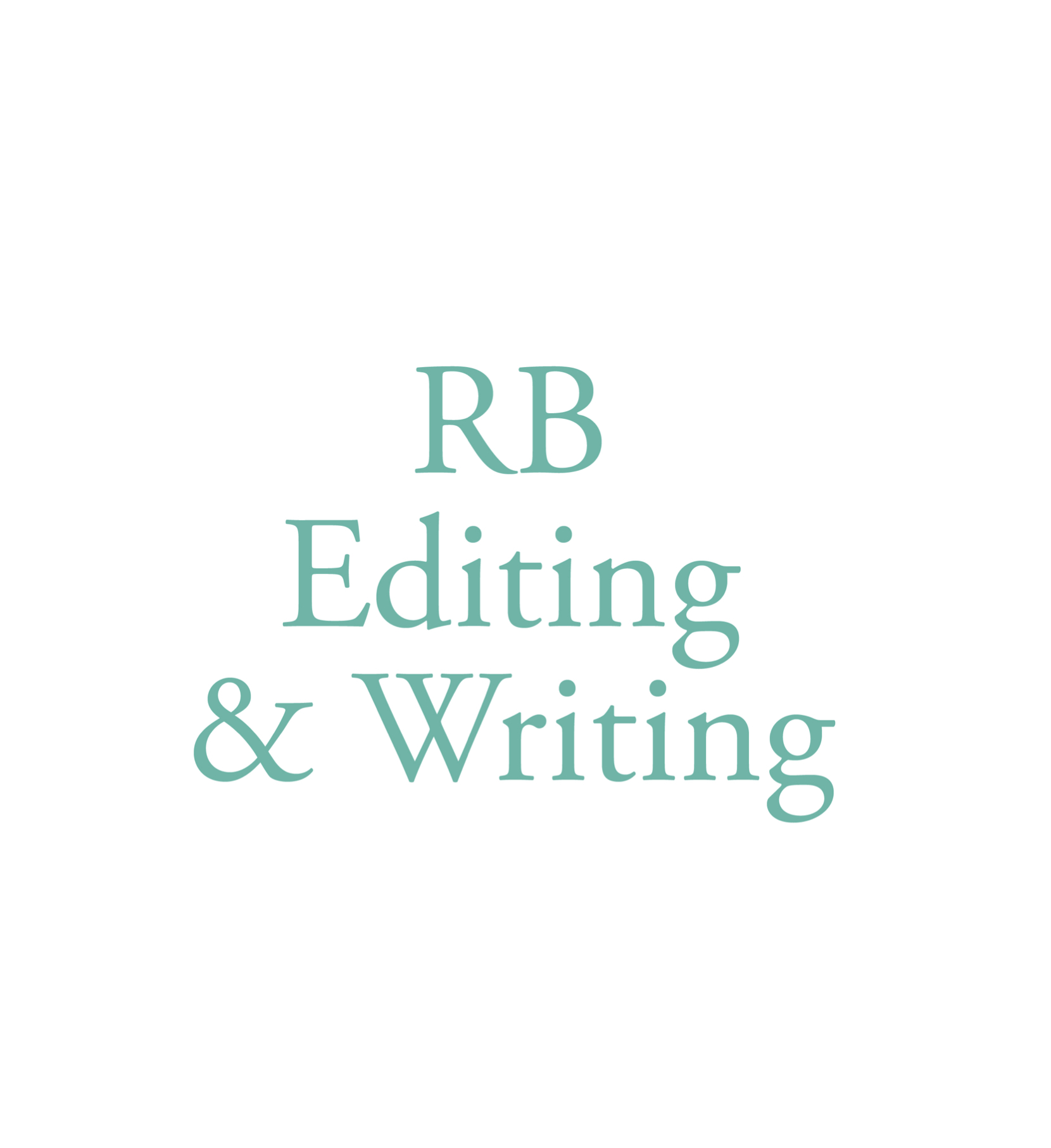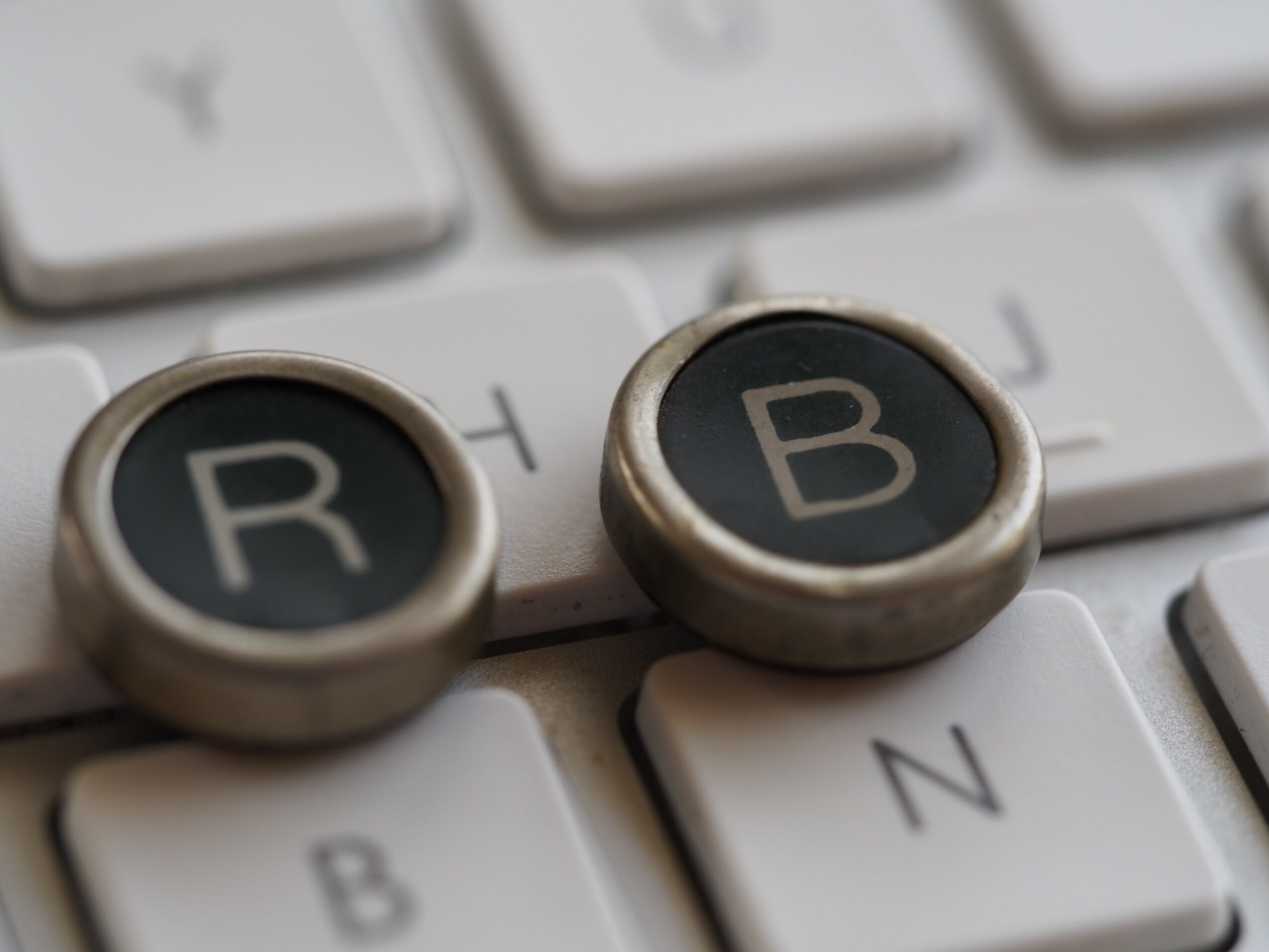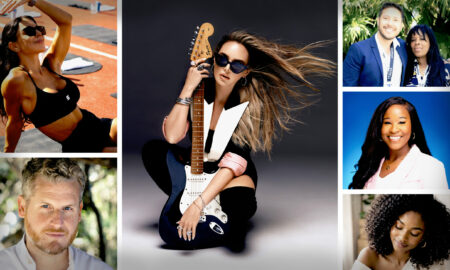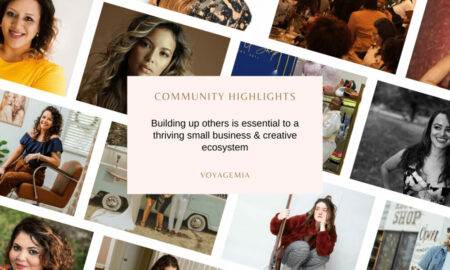Rochelle Broder-Singer shared their story and experiences with us recently and you can find our conversation below.
Good morning Rochelle, we’re so happy to have you here with us and we’d love to explore your story and how you think about life and legacy and so much more. So let’s start with a question we often ask: What do the first 90 minutes of your day look like?
On a typical day, our small dog sneezes to wake my husband and me shortly before our alarm goes off. While he takes her out (he’s the best!), I start with some physical therapy exercises. Then I check my phone for texts or voice mails (it’s way too early to think about email!).
Then I drink a big cup of water and either go for a vigorous walk outside with my husband – and sometimes our dog – or do a brief bodyweight strength training routine while holding a weighted vest. If it’s raining, I may do chair aerobics or Chair Zumba – no, I’m not too young for either.
After exercise, one of us feeds the dog her breakfast. Then I make my breakfast – carefully measured to be high in protein and with no added sugars. (Can you tell that I’m a 51-year-old woman?)
While I eat, I check any other phone notifications and start to go through my email, which I’ve most likely not looked at since the end of yesterday’s workday. Then I grab a shower, moisturize and apply sunscreen, get dressed, put on jewelry, pick out my eyeglasses for the day, and probably put on makeup. I put on shoes.
Then, I walk the few steps across my home to my home office, sit down in my chair and fire up my computer. On a good day, I jump into writing or editing something. On a less-good day, I may start with email (always a mistake). On a really bad day, I get distracted by whatever random web page I left up on my computer the night before.
That’s my first 90 minutes!
Can you briefly introduce yourself and share what makes you or your brand unique?
I’m the chief word wrangler at RB Editing & Writing – which means I’m a freelance editor, writer, content strategist and editorial project manager. I help businesses, nonprofits, educational institutions and individuals share their thought leadership, ideas and stories with the world via the written word.
In practice, that means I do everything from create, manage, write and edit digital newsletters and magazines, to ghostwrite trade publication articles for professional services firms, write impact/annual reports, edit nonfiction books, and write LinkedIn posts. I also conceive and execute content projects for clients. A fellow freelance editor/writer referred to RB Editing & Writing as a content studio. I think I’m going to steal that.
My background is in journalism, particularly business journalism and magazine editing. All my work is still infused with a journalist’s sensibility, as well as an understanding of business principles and operations.
RB Editing & Writing is more than just a flexible content studio for our clients – we’re also their communications partner.
Thanks for sharing that. Would love to go back in time and hear about how your past might have impacted who you are today. Who taught you the most about work?
My very first office job – while I was still in high school – was working for my dad. He was the head of IT at a medium-sized company, and his data entry person went out on maternity leave. He convinced the company to hire me as her temporary replacement; I also helped my dad with some of the IT stuff. The whole company was on Macintosh computers, and my dad had taught me a lot about using and troubleshooting them. I’ve always been a tech geek.
I was incredibly lucky to have my dad coaching me, live and in person, at my first office job. He gave me advice about what to wear to work, clued me in to office politics and protocol, and just generally showed and told me how to behave in an office environment.
In those days, women had to wear skirts or dresses to the office every day but Friday. Also, every woman in the company – including the vice president of human relations – had to take a turn filling in for the receptionist during her breaks. No such rules applied to men. My dad believed this was both sexist and ridiculous. He explained why it was the policy and why it made no sense, and shared his quiet outrage at the way others treated the one high-ranking woman in the firm.
Because of my dad’s coaching and the example he showed me when we worked together, I was more prepared than most people can hope to be for their first office job – and for being a young woman in the workplace in the 1990s.
When did you stop hiding your pain and start using it as power?
From mid-2023 through early 2024, I went through some challenging times. My mom was very sick with cancer, and then died from it. One of my dogs had to be put to sleep. And I was diagnosed with breast cancer (very early stage, and I’m doing great), then had minor surgery, radiation and physical therapy treatment.
Once I realized that the amount of time I had with my mom might be limited, I gave up pretending that everything was okay and just started telling clients what was going on. I dropped a lot of balls during that time, and I owned up to and explained every one of them. I sent so many “I’m not okay” text messages to my friends and “I can’t make that deadline” emails to my clients. I also made the decision to accept everyone’s offers to help with no guilt.
When I was going through active cancer treatment, I told clients, prospective clients and all my friends about that, too. I talked openly about my diagnosis and treatment. I asked for help – big asks and little asks – when I needed it.
The power in sharing that pain was closer relationships with lots of people in my life. Vulnerability turned out to carry its own power, reinforcing the honest and straightforward way I try to deal with clients, friends and family. I also truly came to understand that both the asker and giver of help benefit from that exchange.
And, sharing in this way even led to new business opportunities and new friendships!
Sure, so let’s go deeper into your values and how you think. Where are smart people getting it totally wrong today?
Thinking we’re the only smart people, and everyone else must be dumb. Failing to realize just how different other people’s life experience can be.
Okay, we’ve made it essentially to the end. One last question before you go. How do you know when you’re out of your depth?
What a great question! I sometimes think I’m out of my depth half of my life.
How do I know when I’m out of my depth? When I don’t even know what questions to ask.
I sometimes still feel like a kid or an inexperienced young adult when it comes to so much in life. I can’t believe the things I still want to call my parents about. When does one actually feel like a full adult?
From a business perspective, I try to regularly seek out projects where I’m slightly out of my depth. It’s the best way to expand my capabilities, and I’m not afraid to learn.
Contact Info:
- Website: https://Www.rbediting.com
- Instagram: @rochellebroder
- Linkedin: https://www.linkedin.com/in/rochellebroder/
- Twitter: @rochellebroder
- Facebook: https://www.facebook.com/rbeditingandwriting
